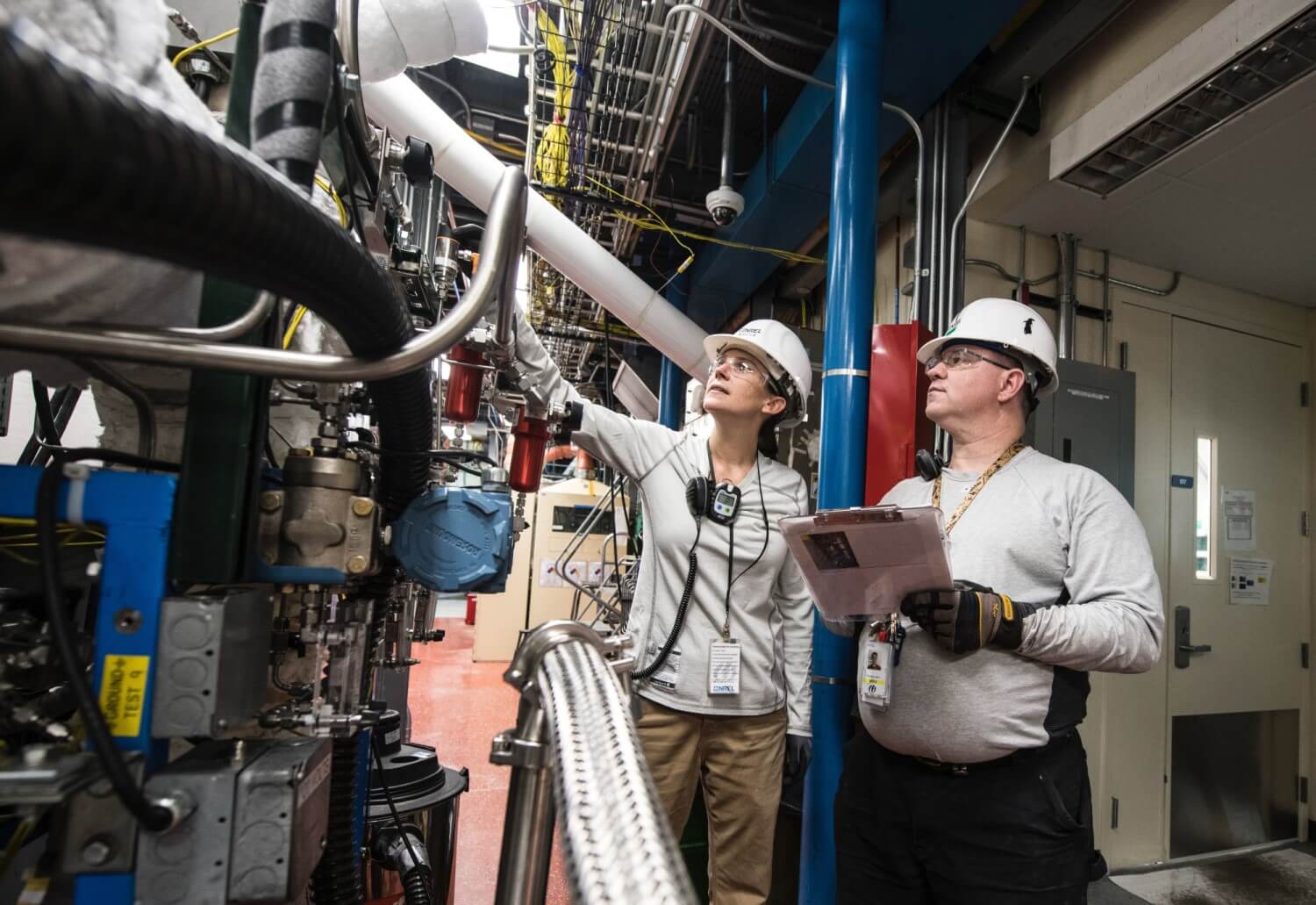Instrumentation Engineers
Engineering

Jobs Description
Job Overview: Instrumentation Engineer
An Instrumentation Engineer is responsible for designing, developing, installing, and managing equipment that monitors and controls engineering systems, machinery, and processes. This role involves working with various instruments and sensors to ensure the precise measurement and control of variables such as pressure, temperature, flow, and level in industrial processes. Instrumentation Engineers play a critical role in maintaining the efficiency, safety, and reliability of manufacturing and production operations.
Key Responsibilities:
-
Design and Development: Create and design instrumentation systems and control strategies using computer-aided design (CAD) software. Develop prototypes and test systems to ensure accurate measurement and control.
-
System Integration: Integrate instruments, sensors, and control systems into larger industrial processes. Ensure that all components work together seamlessly to monitor and control operations effectively.
-
Calibration and Testing: Calibrate instruments and sensors to ensure they provide accurate readings. Perform testing and validation of instrumentation systems to confirm their performance under various conditions.
-
Project Management: Manage instrumentation projects from concept to completion, including planning, scheduling, budgeting, and resource allocation. Coordinate with cross-functional teams, including electrical engineers, mechanical engineers, and operations teams, to ensure successful project execution.
-
Process Control: Design and implement control systems to automate and optimize industrial processes. Develop control algorithms and software to regulate variables such as temperature, pressure, and flow.
-
Maintenance and Troubleshooting: Oversee the maintenance of instrumentation systems to ensure they operate reliably and efficiently. Diagnose and troubleshoot issues with instruments and control systems, and implement solutions to prevent downtime.
-
Documentation and Reporting: Prepare detailed technical documentation, including design specifications, calibration procedures, and user manuals. Maintain accurate records of instrumentation configurations, test results, and project progress.
-
Safety and Compliance: Ensure that all instrumentation systems comply with relevant safety regulations and industry standards. Conduct risk assessments and implement safety measures to protect personnel and equipment.
-
Innovation and Continuous Improvement: Stay informed about advancements in instrumentation technology and control systems. Apply innovative solutions to improve measurement accuracy, process efficiency, and system reliability.
-
Collaboration: Work with other engineers, operators, and stakeholders to optimize processes and improve system performance. Provide technical support and training to personnel on the use of instrumentation systems.
-
Vendor Management: Collaborate with suppliers and vendors to select the appropriate instruments, sensors, and control systems for specific applications. Evaluate new products and technologies to determine their suitability for use in projects.
-
Quality Assurance: Establish and enforce quality standards for instrumentation systems. Conduct inspections and audits to ensure that systems meet performance specifications and comply with industry standards.
Skills & Qualifications:
- Bachelor’s degree in Instrumentation Engineering, Electrical Engineering, or a related field
- Professional Engineering (PE) license (preferred or required depending on location)
- Experience in instrumentation design, process control, or a related field
- Proficiency in CAD software and other engineering tools
- Strong understanding of sensors, transducers, and control systems
- Excellent problem-solving and analytical skills
- Ability to work independently and manage multiple projects simultaneously
- Strong project management skills, including budgeting and scheduling
- Knowledge of manufacturing processes and quality control standards
- Familiarity with safety and environmental regulations relevant to instrumentation engineering
- Strong communication and teamwork skills
- Attention to detail and a commitment to quality and safety
Career Path: Instrumentation Engineers can advance to roles such as Senior Instrumentation Engineer, Control Systems Engineer, or Engineering Manager. With experience, they may specialize in areas like automation, process control, or industrial instrumentation. Pursuing a master’s degree, obtaining a Professional Engineering (PE) license, and staying updated on industry trends and technological advancements can support career growth and open opportunities in leadership or specialized engineering roles.
Subscribe to Our Newsletter!

